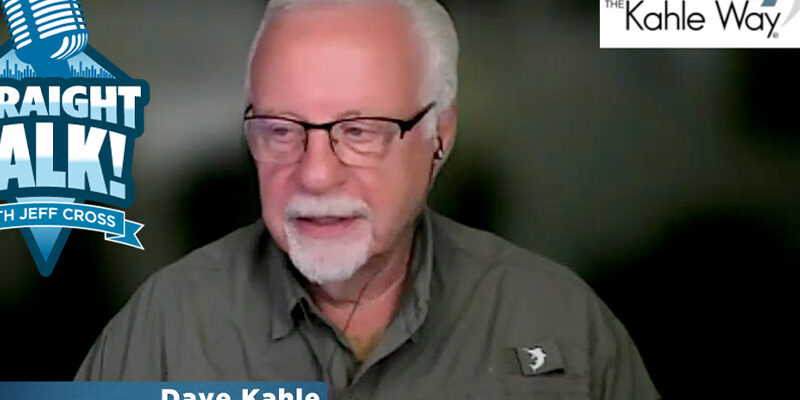Resolving Disputes: Conclusions Aren’t Facts

By Jon Isaacson
In a dispute between two parties, differences of opinion take center stage. It is difficult to detangle either party’s commitment to their interpretation of the facts being the correct one. When one or both parties are so entrenched in their conclusions that no common ground can be established, the civil court serves as an imperfect mechanism for brokering peace. A recent court case that I have been researching for my podcast articulated the reality that, when resolving disputes, conclusions are not facts in a unique and humorous manner.
The Comical Case
A Texas contractor is suing the local school district for failure to pay them for services rendered. The contractor has shared several videos on YouTube voicing their perspective, which boils down to, “We did the job we were hired to do [and now the school district is saying] ”Scr*w’ you, we don’t have to pay you because we are the government.'” In retort, the school district’s lawyer raised a good point regarding the nature of facts and conclusions, “The appellee confuses facts and conclusions. They are different.”
Sounds simple enough, right?
Yet, this conundrum is the reason we have a civil court system. Both sides of an argument have the same set of facts to work from, but they differ in their perspectives, interpretations, and conclusions regarding those elements. The defense in the case I described is Arlington Independent School District (AISD). In one segment of the hearing before the court of appeals, they describe how the treatment of facts and conclusions is a key factor in resolving disputes,
Appellee RJ Construction (RJC) confuses facts and conclusions. They are different.
-
A fact is that RJ Construction and certain AISD employees traded e-mails.
-
The content of those e-mails is another fact.
-
RJ Construction’s allegation that those emails form a Chapter 271 contract is a legal conclusion and is entitled to no weight under any applicable case law.
-
A conclusion is that Appellees believe the emails between the parties create a contract. Appellee’s Brief tries to muddle the two.
The Restoration Professional’s Relevance
For contractors, or anyone in the exchange of business, this discussion has relevance.
If two parties trade emails and discuss elements of a business relationship, at what point does the content of those interactions become contractually binding?
In this case, RJC concludes that the content of the emails met this level of obligation. From their perspective, they have been harmed by the school district not upholding its end of the bargain.
In contrast, AISD’s lawyer argues, “The reasoning as to why Appellee’s argument is wrong can be found in Abraham Lincoln’s quote: “How many legs does a dog have if you call his tail a leg? Four.” Saying that a tail is a leg doesn’t make it a leg.” Just because RJC believed that they had a contract does not mean that it is a fact. A party in a dispute believes that they have the right conclusion of the facts, but that does not make it so.
Unfortunately, the dispute between RJC and AISD is not as easy to resolve as Mr. Lincoln’s simple observation. Contract language and business partnerships are more entangled. There may be even greater wisdom in the advice often given during marital disputes that one can be right or they can be happy. If the only way that one party will ever be “happy” is to have their conclusions completely affirmed, happiness likely will never be achieved. With some give-and-take, this case likely could have avoided litigation, and the court appears to agree as they ordered the two parties to mediation.
Jon Isaacson, known as the “Intentional Restorer,” is a contractor, an author, and the host of the DYOJO Podcast. Jon speaks, writes, and coaches start-up phase owners and growth-minded restoration professionals through his organization, The DYOJO. Isaacson is the author of the Be Intentional book series for restorers. Reach him at [email protected].












